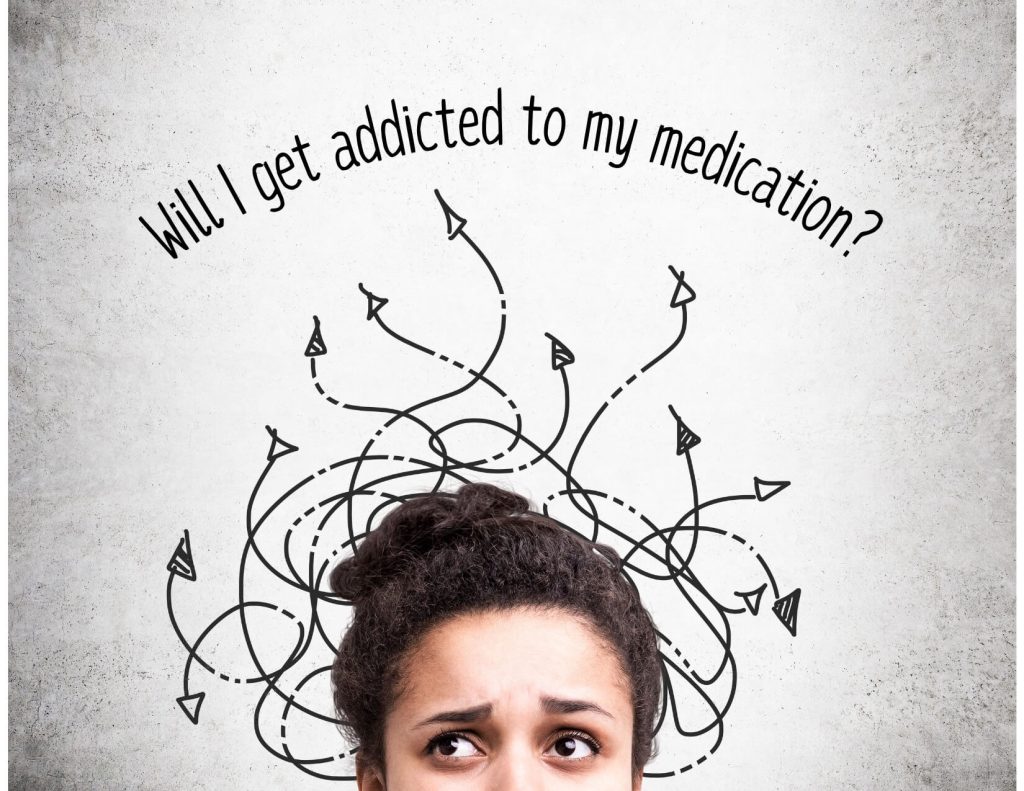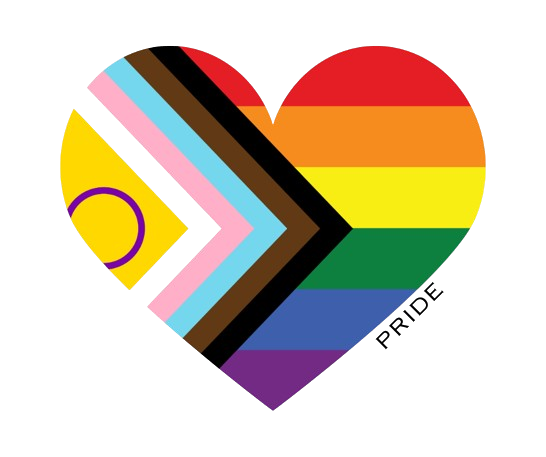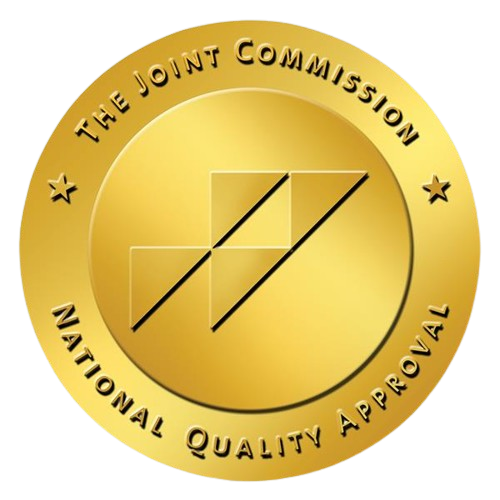What is Addiction really? Addiction is about behavior—it’s not about the drug itself or the addictive activity; it’s about the behaviors surrounding the drug. Addiction occurs when a substance hijacks the brain’s pleasure and reward circuits, diminishing the satisfaction we get from “natural” rewards like sharing joyful moments with friends, enjoying physical activities, or hugging a child. At its worst, thoughts of the drug or substance consume nearly all available mental real estate, creating a constant distraction that drives a wedge between the addicted person’s mind and the world around them. Addiction is not determined by the frequency or amount of substance use, or even by the substance itself. It’s based on a person’s relationship with the substance, drug, or activity they are addicted to. It is not a choice; it’s a trap that people struggle to escape.
A topic that frequently arises in my practice is the difference between using heroin or abusing prescription opioids and taking buprenorphine (the active ingredient in Suboxone). There is a common misconception that taking buprenorphine is just “trading one addiction for another.” This is incorrect. Buprenorphine actually helps someone break the cycle of addiction, allowing them to re-engage with the world, mend relationships, and rebuild their life because their mind is no longer dominated by thoughts of the drug—acquiring it, using it, and recovering from its use. Buprenorphine is able to do this partly because it is long-lasting. On a stable dose, a person no longer experiences the cycles of craving and withdrawal that are common in chronic opioid use. While buprenorphine stops the cycle of addiction, it does cause physical dependence. Like most other daily medications, the body adapts to the presence of buprenorphine, and if someone abruptly stops taking it, they will experience the physical discomfort of withdrawal.
Understanding the difference between addiction and dependence can help decrease the stigma surrounding medications like Suboxone used to treat addiction. Internalized stigma can become shame, which might push someone to stop taking buprenorphine before they are medically ready to taper off. When I see someone who has reunited with their family, gained employment, and become active in their community question whether they are truly “in recovery” while taking Suboxone, I invite them to compare their current life to their life while in active addiction. Tragically, I have seen patients stop their Suboxone treatment in an attempt to “be clean and sober,” only to relapse into the same addictive cycle—sometimes with fatal consequences.
My hope is that through continued public discussion and education, we can dispel dangerous misconceptions about medication-assisted treatment and increase access and compassion for people struggling with addiction. Recovery isn’t about what medication is in your bathroom cabinet; it’s about the life you live every day.



